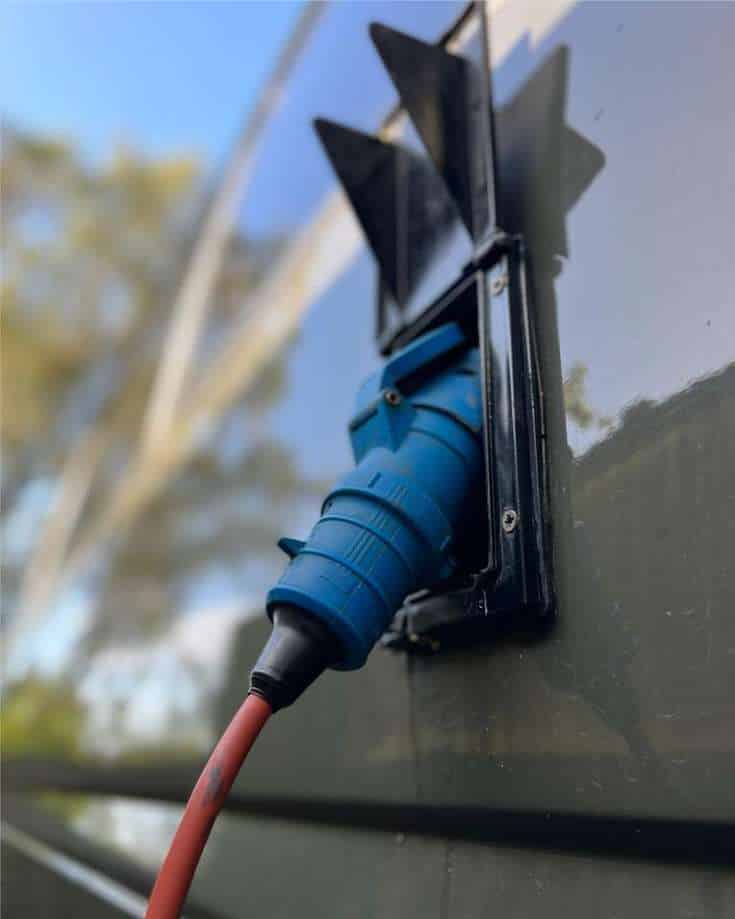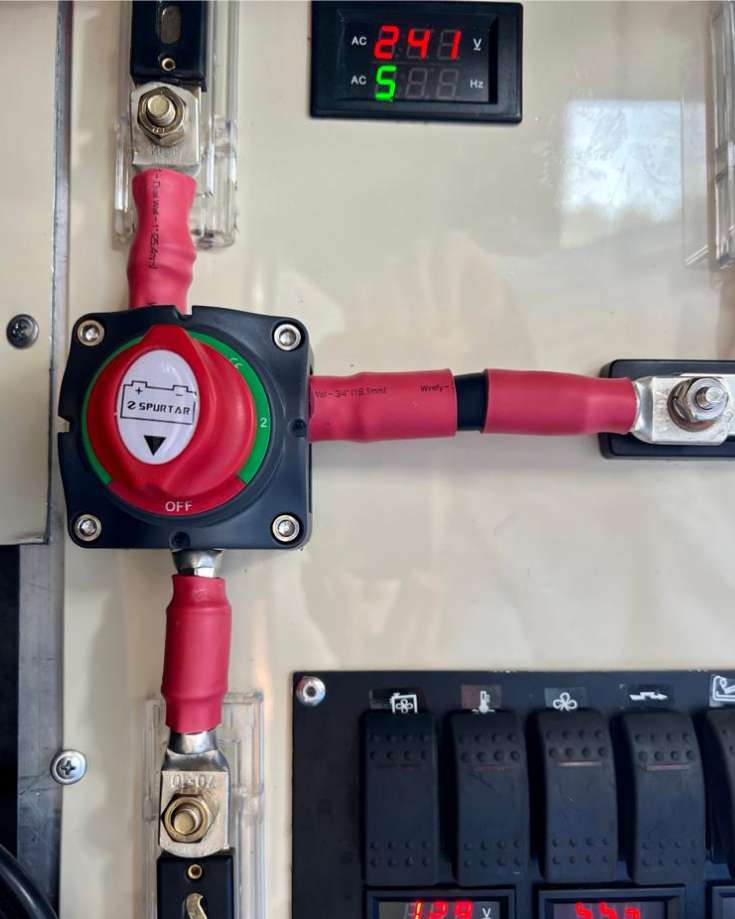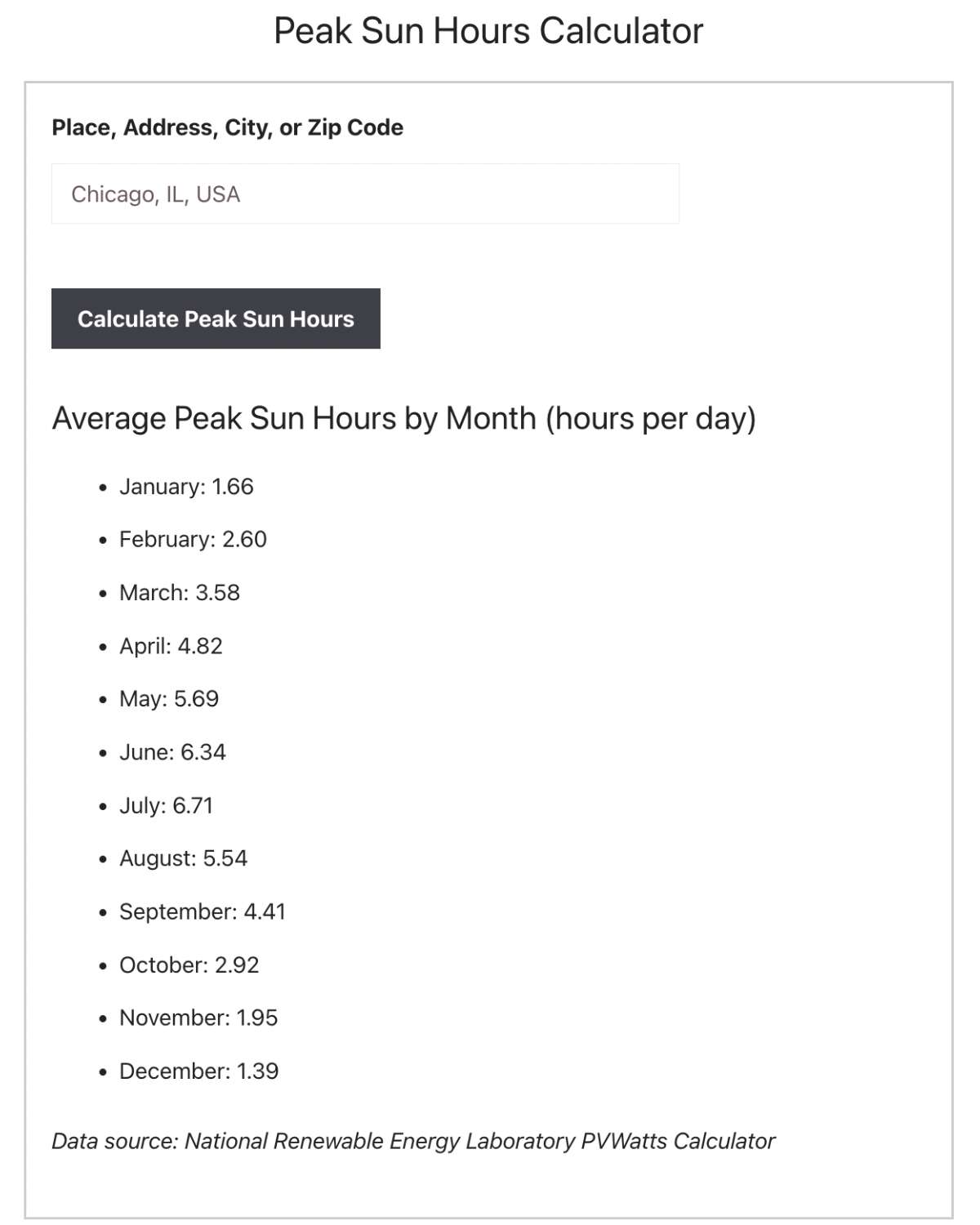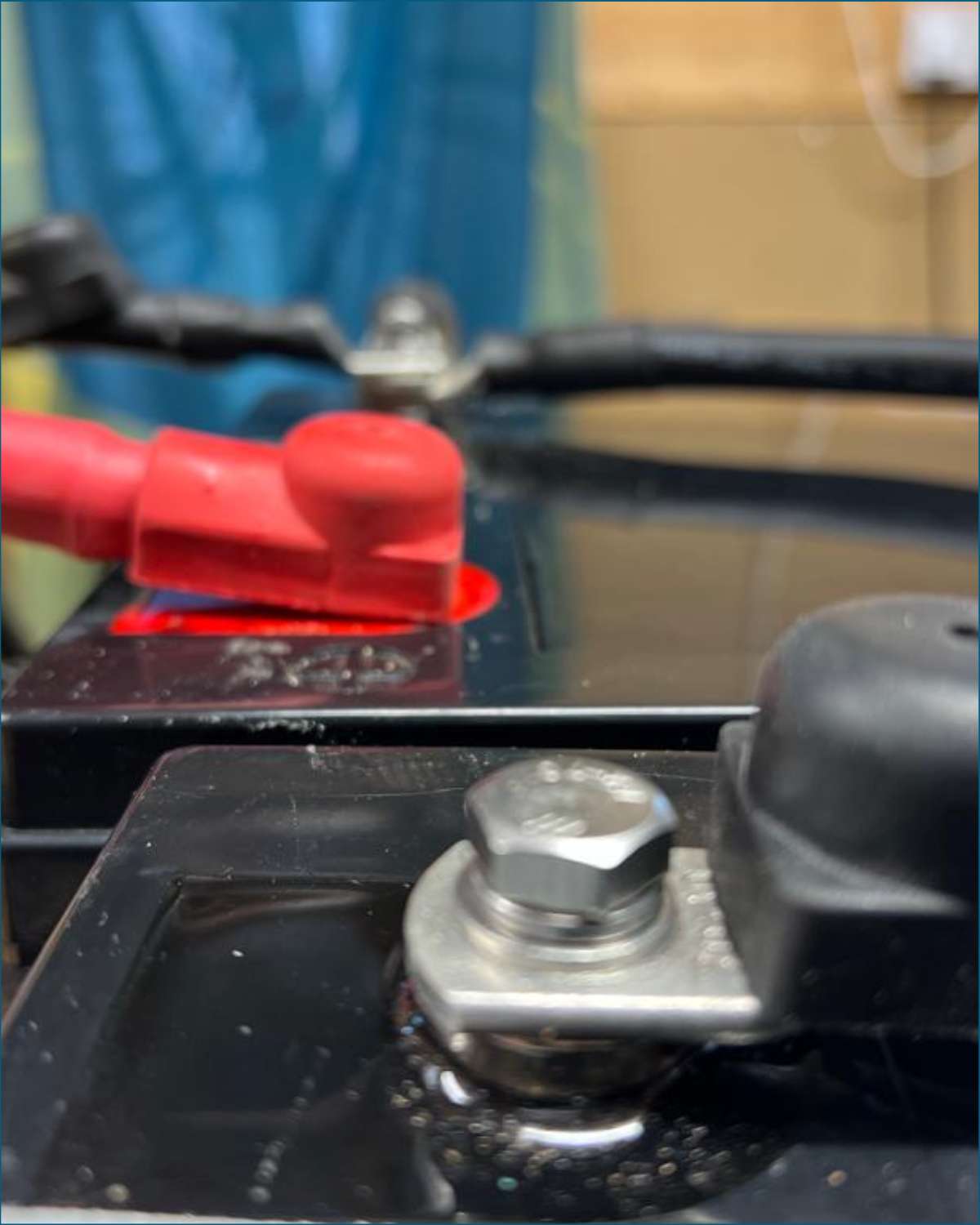Will an RV converter work without a battery?
Well, the short answer is yes, it will.
When plugged into shore power, your RV converter transforms that 120v AC power into a battery charging voltage your RV battery needs.
Some converters do that, even without a battery connected.
But before you decide to ditch the battery altogether, there are a few things you should know.
While your RV converter can work without a battery, it’s less than ideal.
In this article, you’ll learn:
- how the converter works both with and without a battery,
- the issues you might encounter if you use your converter without a battery.
How Does a Converter Work?
A power converter’s main job is to transform 120v AC power, usually from an outside source like shore power, into 12v DC power to charge the RV battery.
In effect, it’s a battery charger.
You may have appliances like a water pump, fans, a 12v refrigerator, etc., all running on 12v DC power.
Those 12v appliances run directly off battery power.
A power converter is essential if you want to charge your RV batteries from shore power.
Can I Run My 12v Devices Without A Battery?
Technically, you can run your 12v devices without a battery connected by relying solely on shore power and the converter.
When plugged into shore power, the converter becomes the primary supplier of 12v DC power to the RV.
It takes the 120v AC power from the shore connection, converts it into 12v DC power, and feeds the various 12v appliances directly.
So, any 12v appliance directly connected to the converter can still function without a battery, as long as the RV is connected to shore power.
But using an RV’s converter in this way isn’t ideal, and it comes with several disadvantages that we’ll examine now.
Note: some converters need a battery connected to determine what voltage it needs to supply. They won’t work without a battery connected.

Problems with Using a Converter Without a Battery
- No backup power supply: If there are power outages or your RV’s electrical system isn’t connected to shore power, your 12v appliances won’t work.
- Inconsistent power supply: Without a battery, the converter has to supply power directly to all the 12v appliances. Unless you size the converter to meet your demand for DC power, that can result in power fluctuations that affect the performance and lifespan of these appliances.
- Wiring complexity: Even if you power all 12v appliances straight from the converter, you still need switches and fuses. Each appliance needs a switch and fuse connected to the converter.
- Converter overload: A converter is not designed to run all the 12v appliances directly. So, if many appliances are on simultaneously, it may overload the converter, leading to blown fuses or potential damage
- Noise:When a converter works hard, its internal fan will run to keep it cool. This fan can produce a loud humming noise, which may be disruptive.
- More wear and tear: With a battery, a converter only works as much as the battery’s charge level needs. The battery controls the power given to the appliances. Without a battery, the converter has to respond to the demand, causing it to work harder and longer. This could lead to more wear and tear and a shorter lifespan.

Can I Use a Converter Without a Battery?
Technically, yes. You can use some RV converters to run your DC devices when plugged in without a battery.
However, we recommend the following:
- Don’t design your system this way. If you don’t have a battery bank, opt for AC devices instead of DC ones whenever possible. They are generally less expensive than their DC alternatives. Plus, they eliminate the need for a converter. Without a battery, you won’t be able to use any electrical appliances off-grid anyway.
- If you have an RV battery installed, connect your DC devices directly to the battery rather than the converter. This way, you can use them while the battery is charging when hooked up, use them off-grid, and you can use a smaller converter.
- If your battery is dead, recharge it or if it’s failed, replace the battery. They’re readily available to buy, so you can replace it quickly and won’t need to run your 12v devices without a battery.
Remember, while a converter can operate without a battery, it’s designed to work with one.
The battery acts as a sort of energy reservoir, storing power for when you need it.
Without a battery, the converter must work continuously to provide power, which could shorten its lifespan.
Graham Bogie

Graham is a seasoned marine electrical engineer with two decades of experience designing customized electrical systems for plant machinery and converting campers and overland vehicles. His expertise has led him to author the reputable Campervan Electrics Handbook and become the chief designer of the RV Wiring Design Tool. As a knowledgeable figure in the field, his YouTube channel, blog, Facebook group, and newsletter, offering electrical advice and product reviews, reach more than a million users each year.



